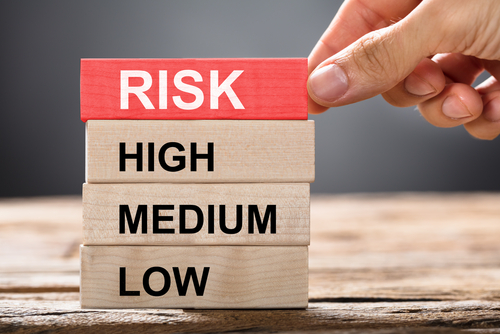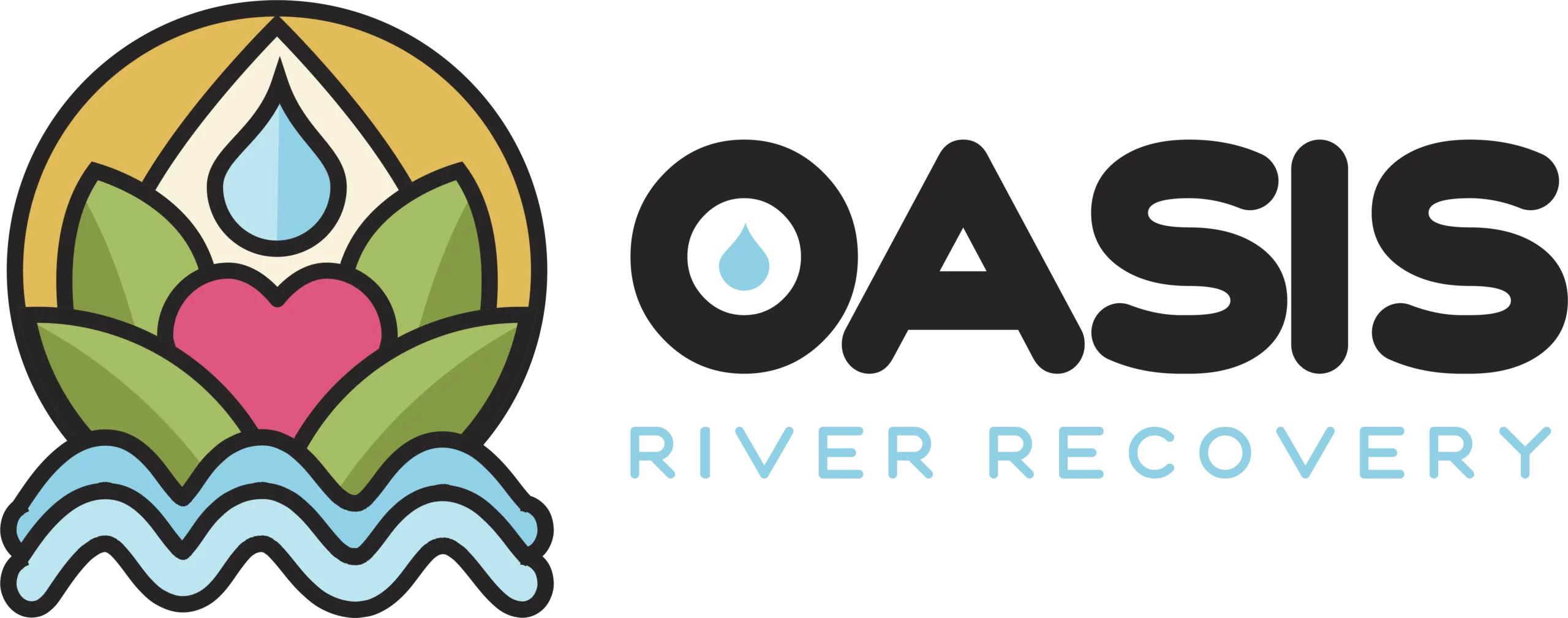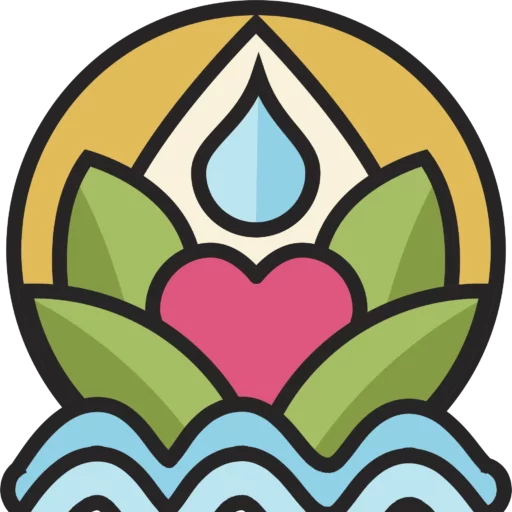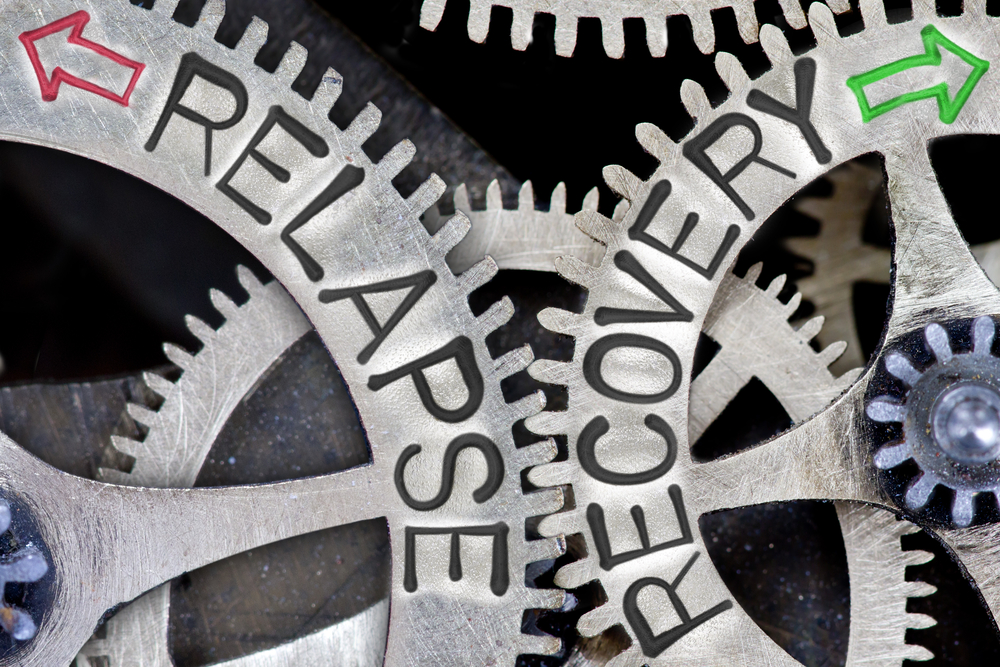If you are in recovery from addiction or mental illness, you likely know about the risks of relapse. Relapse refers to a return to using alcohol or drugs after being abstinent for some time. Some people mistake a relapse for failure. However, due to the chronic nature of addiction, relapse is a common occurrence in recovery. How you respond to these slips is the most critical part of a relapse, and a personalized relapse prevention plan is the best way to get back on track and protect your sobriety.
In this article, we lay out a realistic and grounded example of a relapse prevention plan and how you can customize it to your needs.
What Is a Relapse Prevention Plan?
A relapse prevention plan is an action plan for preventing a relapse. This written plan will help you navigate challenging times when you become tempted to use drugs or alcohol again. It’s a personalized tool for recovery that can help you better understand yourself, your triggers, and your support system. Most prevention plans are created and fine-tuned during counseling sessions as part of a treatment addiction program. However, you can create one at any time within any setting.
Connect With Us Now
Reach out to us now for immediate support, or let us know the best time to contact you through our confidential callback service. Your journey to healing is just a conversation away.

What Does Relapse Prevention Include?
Relapse prevention plans should include a concrete course of action and outline coping mechanisms and creative ideas for managing cravings. It can also be updated to as your circumstances and needs change. The more effort and detail you put into creating your prevention plan, the more helpful it will likely be during various situations and events. Some things you can consider including in your relapse prevention plan include:
- A list of specific triggers
- Various tools and methods for coping with these triggers
- Strategies for sticking to a healthy lifestyle and ideas for self-improvement
- A maintenance plan for daily living
- Ideas on how to communicate effectively with family and loved ones
- Methods for remaining accountable
- A list of your life goals and aspirations
These are just a few components of a comprehensive relapse prevention plan. An ideal plan is easy to use and directly addresses the feelings, symptoms, and events that trigger you and your plans to respond to them in a better way. In addition, it should renew your sense of hope things will improve and prove you have control over your own life and feelings, regardless of the circumstances that arise.

How To Create A Relapse Prevention Plan
Knowing where to start when creating your relapse prevention plan can be challenging. You can follow a template and type your plan out or keep your handwritten plan in a notebook or journal. These steps will help guide you as you create and modify your plan:
- Step 1 – Identify your goals for recovery and what motivates you to change. Think about what recovery means to you and consider your goals for your future and motivations for staying clean and sober.
- Step 2 – Create a plan to manage your cravings and triggers. This part will include naming specific circumstances or situations that may arise in your life that could lead to a relapse. You can also list relaxation techniques and stress management ideas during these situations.
- Step 3 – Identify ways for self-improvement so you can maintain a healthy way of life. Setting up a daily ritual and keeping a consistent schedule during early sobriety is highly beneficial. You may include a structured sleep schedule, a workout routine, and a plan for well-balanced meals. Be sure to include hobbies you enjoy that will keep you busy.
- Step 4 – Set up a support system and communication tools. Your family and friends supporting your sobriety can be very helpful during recovery. You should also include peer support and even 12-step groups that can be there for you when you’re struggling. Include important numbers in your relapse prevention plan, such as those for your counselors, mentors, friends, and family members. This way, you always know where they are if you need them.
- Step 5 – Create strategies for accountability. Think of methods you can use to help yourself be successful in your sobriety journey. Sometimes, setting small goals that are attainable and rewarding yourself for progress can be just what you need to stay on the right path. Gratitude lists can be an effective way to remain accountable and will remind you to stay sober during challenging times.
- Step 6 – Create a list of potential consequences if you relapse. Writing down the negative things that may happen if you drink or use drugs is also an essential part of your prevention plan. This list will serve as a continuous reminder that sobriety is always the better option.
- Step 7 – Create a crisis plan for managing mental health symptoms. Mental health conditions and addictions often co-occur. That’s why it’s important to have a crisis plan for managing severe mental health symptoms when they occur. This will help prevent relapse.
Remember, your relapse prevention plan is considered a “living document” and should be continuously reviewed, updated, and revised. Some portions of your plan might work for a while and may later need to be modified or removed based on your circumstances.
Read more about the difference between cognitive behavioral therapy and psychotherapy.

Example of a Relapse Prevention Plan
If you are in substance abuse treatment or addiction recovery, you may wonder what a relapse prevention plan might look like. A relapse prevention plan is your action plan to keep you accountable and help you accomplish your sobriety goals. The following is an example of a relapse prevention plan that can act as your template.
Personal Goals for Self-Improvement
- I want to lower my blood pressure.
- I wish to lose weight and meet my fitness goals.
- I want to be gainfully employed and be a team player.
- I will attend counseling sessions to address my anxiety and find better ways to cope. I want to make amends to friends and family members I have hurt through my substance abuse.
Potential Challenges and Triggers
- Heading to the bar with coworkers on Fridays
- Playing sports or games, who still drink heavily
- Work-related stress and making my mortgage payments
- Family gatherings and celebrations where alcohol will be present
- Disagreements with my spouse and arguments with my sisters
Coping Mechanisms
- I will go for a run when I am craving alcohol.
- I will use relaxation techniques to clear my mind when I am stressed.
- Instead of going to the bar with my coworkers, I will attend a sobriety meeting online or in person.
- I will bring non-alcoholic beverages to family functions.
- I will keep a journal and write daily for at least ten minutes.
- I will take time for my hobbies every day.
- If I feel triggered, I will reach out for help by calling a friend or support person.
Take Our Addiction Quiz For Recovery Insights
Self-Care Plan for Daily Living
- I will drink enough water to stay hydrated and eat healthy meals.
- I will get at least eight hours of sleep every night.
- I will go for a run at least four times a week.
- I will emotionally check in with myself every day so I can be more aware of my feelings and needs.
Support System
- My sobriety group
- My sponsor
- My parents
- My best friend, who is also sober
- My spouse
Gratitude List
- I am thankful for my family.
- I am grateful for my second chance at sobriety.
- I am thankful for my home and the ability to provide for those I love.
Consequences and Accountability Actions
- I may lose custody of my children if I am not sober.
- I could lose my spouse.
- I will get fired from my place of employment.
- My financial stability depends on my sobriety.
Crisis Plan
For those who struggle with addiction, mental health symptoms can be a trigger to relapse. Here are some tools you can use if you’re overwhelmed emotions or anxious feelings.
- Warning signs and triggers – Things that cause emotional pain and trigger substance abuse.
- Coping skills – What can I do to cope with symptoms?
- Support system – Who can help when I am having a mental health crisis?
- Mental health professionals – These professionals can help me when facing a crisis.
- Reasons to live – Who do you care about the most? What motivates you to live?
- Crisis numbers – Who can I reach out to in an emergency?
A relapse prevention plan is just one component of sobriety. Evidence-based addiction treatment programs can help you get sober and practice the skills you need to stay successful in long-term recovery. By creating and putting your plan into action, you’ll be in a better position to safeguard your sobriety. In addition, you’ll learn to effectively recognize triggers that could jeopardize your sobriety well before a potential relapse.
Create A Relapse Prevention Plan With Oasis River Recovery
If you or a loved one needs help with relapse prevention skills and creating a solid support system, contact Oasis River Recovery. Our addiction treatment center provides partial hospitalization, relapse prevention therapy and education, holistic healing modalities, and much more. Even if you’re unsure about addiction treatment or quitting substances, talking to or emailing one of our compassionate admissions agents can point you in the right direction.
Are You Covered For Treatment?
Oasis River Recovery partners with numerous private insurance providers. Our team is committed to assisting you in quickly and effortlessly verifying your insurance coverage for treatment.



